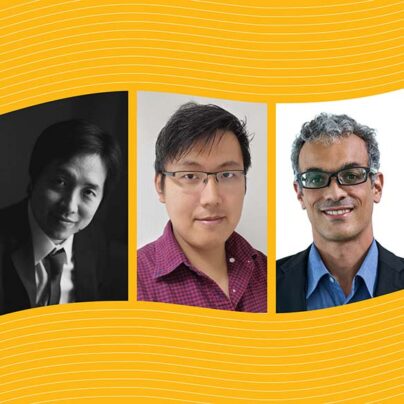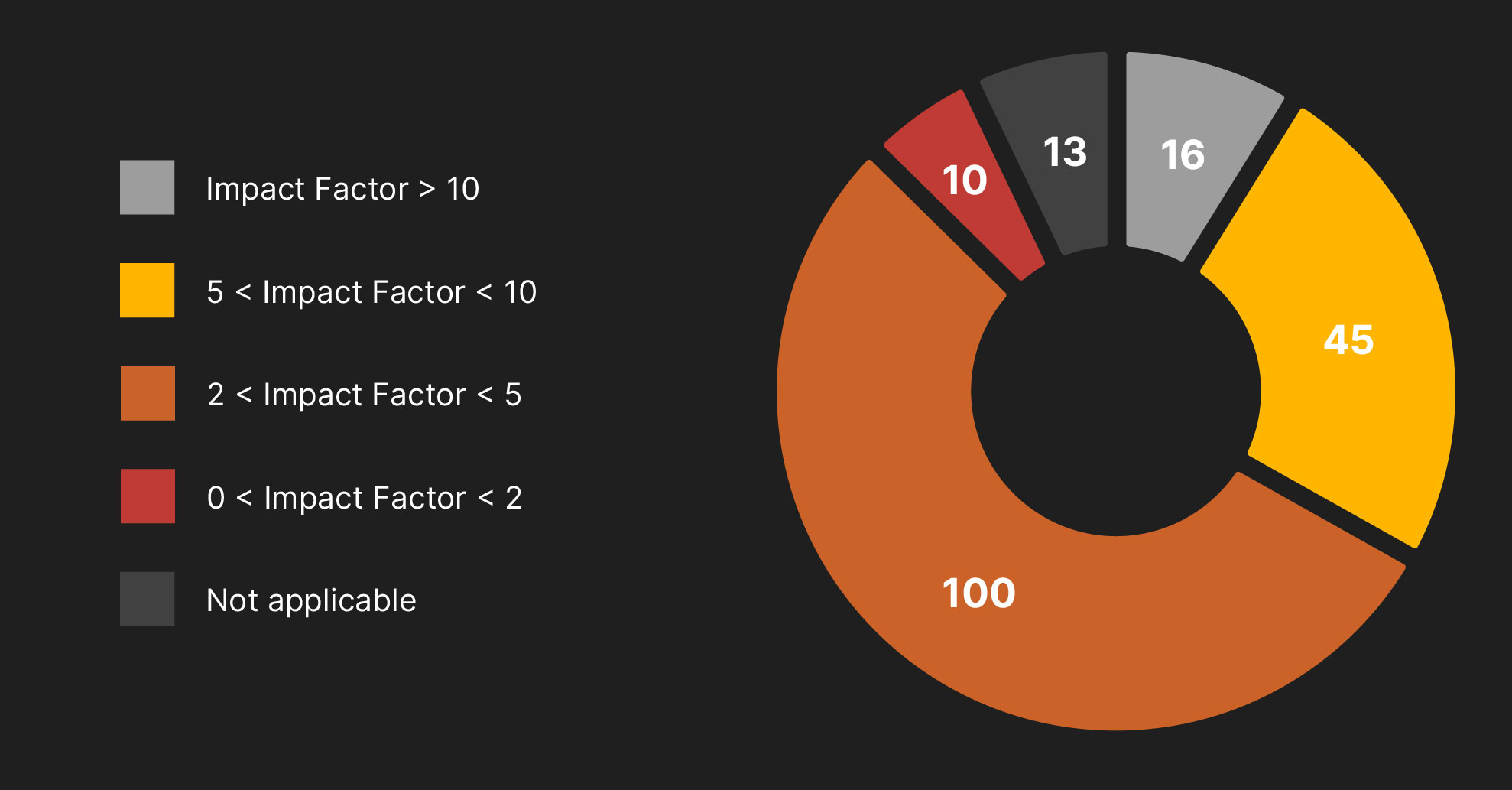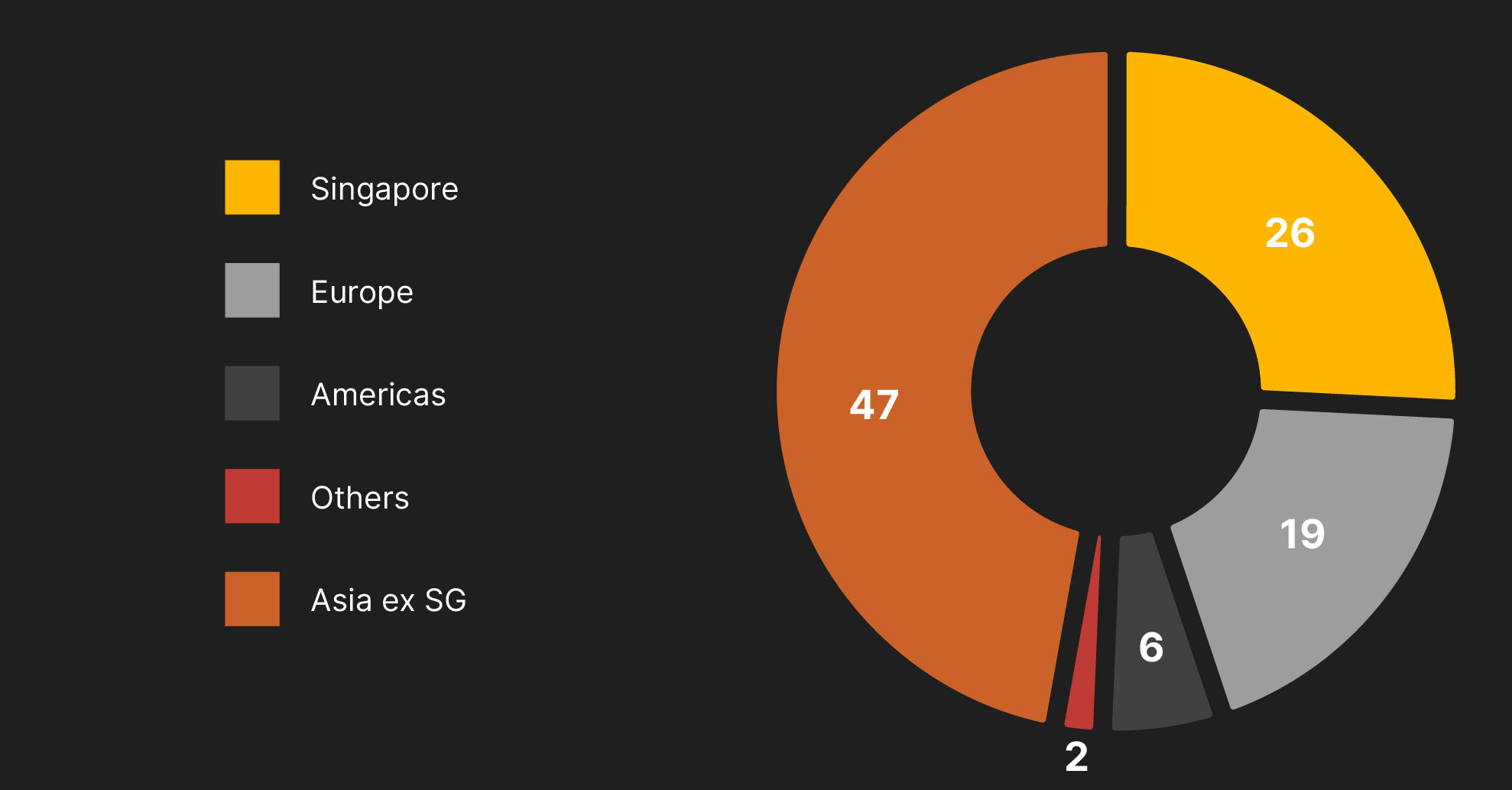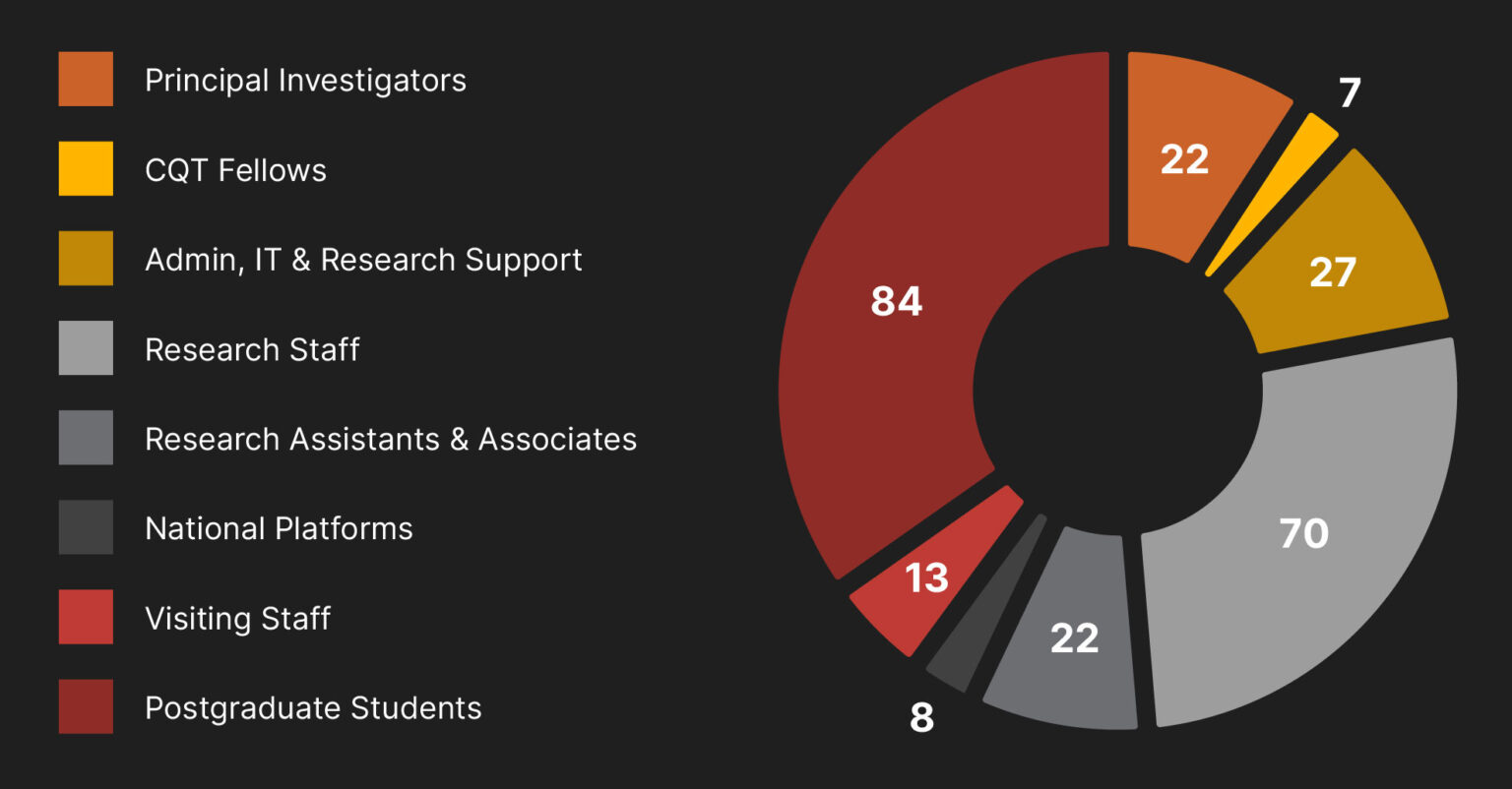Mile Gu Group

.
Mile Gu Group
Complexity and quantum science may seem to have little in common. One deals with the science of the very large, seeking to understand how unexpected phenomena can emerge in vast systems consisting of many interacting components. The other is typically associated with the mechanics of the very small, focusing on the interactions of individual atoms and particles. However, these two sciences share surprising connections. A system that appears complex to classical observers may appear much simpler to one capable of quantum reasoning [Nat. comm 3 762], while even simple spin systems display emergent macroscopic properties [Nature 459, 332-334]. In fact, both fields share a common language of information theory and employ tools to describe complex adaptive systems. They also require vast amounts of data to model and provide theoretical foundations for understanding the ultimate limits of what intelligent agents can accomplish.
The Quantum and Complexity Science Initiative aims to further explore this symbiotic relationship. Our research naturally encompasses a cross-disciplinary approach, spanning various areas of research that intersect these two sciences. We ask questions such as: What are the key features of the past that are necessary for agents to adapt to complex environments, and how do these features change in the quantum regime? How can we employ machine-learning techniques to learn the causal relations within complex adaptive systems, and how can these techniques be enhanced in the quantum regime? Can quantum agents better sense and adapt to their environments? What complex games can quantum devices play with reduced resources, whether in terms of speed, memory, or energy? How can we describe complex spatiotemporal quantum correlations, and when do these correlations behave in ways that have no classical counterpart?
Group Members
Recent papers
Quantum Limits of Covert Target Detection
Implementing quantum dimensionality reduction for non-Markovian stochastic simulation
Surveying structural complexity in quantum many-body systems
Probe optimization for quantum metrology via closed-loop learning control
Quantifying memory capacity as a quantum thermodynamic resource









